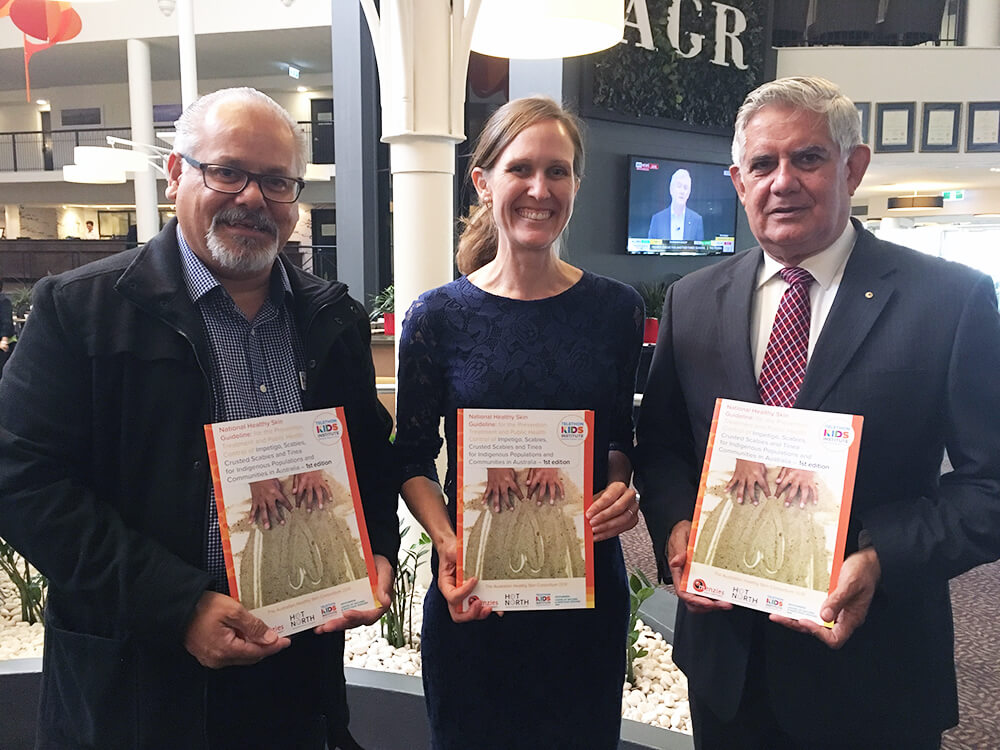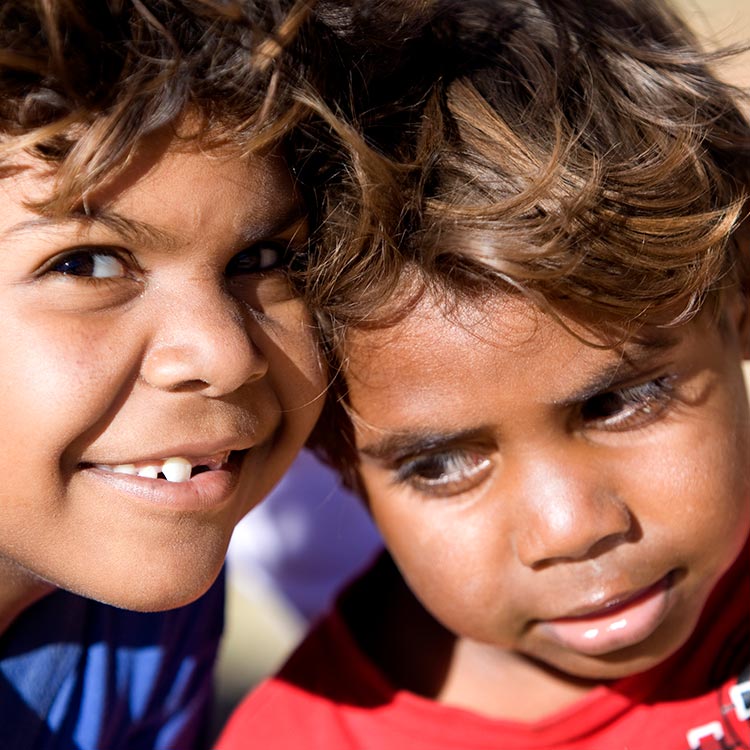Search

News & Events
National guideline to tackle record rates of skin infectionResearchers have developed the first National Healthy Skin Guideline to address record rates of skin infections in Australia’s Indigenous communities.

News & Events
Rheumatic heart disease remains a major killer in Oceania regionA new study shows that people living in the Oceania region, including Australia, have the highest risk in the world of dying from rheumatic heart disease.

News & Events
Childhood influenza vaccination rates improves with better accessMore children across Australia are being vaccinated against the flu since funding was expanded and access widened under the National Immunisation Program

News & Events
The Kids Research Institute Australia researcher awarded support fundingA Kids Research Institute Australia researcher has been awarded $10,000 from the New Independent Researcher Infrastructure Support (NIRIS) award.
News & Events
Celebrating 20 years of meningitis awarenessAustralian charity celebrates 20 years of providing meningitis awareness and marks World Meningitis Day with footy star
News & Events
Caesarean link to respiratory infections in babiesCaesarean link to respiratory infections in babies
News & Events
Perth trial begins on investigational Golden Staph vaccinePerth researchers are calling for volunteers to help test an investigational vaccine against Staphylococcus aureus (golden staph).
News & Events
Volunteers needed to trial new vaccine against dengue feverPerth researchers are about to trial a new vaccine that aims to protect against all four strains of the potentially devastating Dengue Fever.
News & Events
Infections leave life-long scarsHigh rates of recurrent infection are a major risk to the health of Aboriginal children and are comparable to those of third world countries.
Research
STopping Acute Rheumatic Fever Infections to Strengthen Health (STARFISH)STopping Acute Rheumatic Fever Infections to Strengthen Health (STARFISH) brings together a diverse and multidisciplinary research team to investigate the most effective environmental health initiatives (EHIs) aimed at reducing Strep A infections and prevent Acute Rheumatic Fever (ARF).
